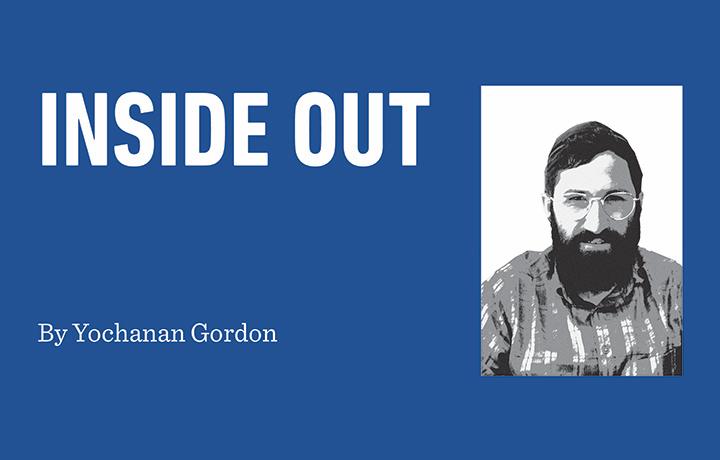Chai Elul: The Definition Of Life
By Yochanan Gordon
This coming week marks Chai Elul, the birthday of the Baal Shem Tov and his spiritual heir the Alter Rebbe of Chabad, Rabbi Schneur Zalman of Liadi. There is an aphorism in Chabad that says, “Chai Elul injects life and vitality into the month of Elul.”
For a long time, I had taken this teaching at face value. It seemed kind of simple. The word chai means life. It is also the numerical equivalent of the number 18. Therefore, the birthday of these two Chassidic luminaries and their great legacy has pumped new life into the avodah of the month of Elul.
But what does chayus mean? If we want to understand the contribution of Chassidus to the month of Elul and to truly appreciate the significance of the birth of the Baal Shem Tov and the Alter Rebbe on Chai Elul then we have to know what chayus means.
Understanding a Chassidic aphorism at face value is an example of looking at something lifelessly. To inject life into an idea or into a person is to see it and them from the inside. The body is invigorated by the blood that it receives from the pumping heart inside of it. So to inject life into an idea means to understand it deeply beyond what it may seem like from the outside.
There is a notion that the month of Elul is a serious and solemn month. The characterization that sticks with me today, many years after first hearing it, is the fish in the ocean trembling upon hearing the blessing of the month of Elul. I want to spend the allotted space here this week analyzing that line which I believe is attributed to Reb Yerucham Levovitz, zt’l, of Mir and Ponovezh. Although many feel like Elul has been given a bad reputation because of the heaviness of yesteryear, I would like to argue that it is an outward and lifeless understanding of what Reb Yerucham said that leads to trauma and the bad reputation and not the teaching itself.
You see, the tradition in Chabad is that the King comes into the field during the month of Elul and greets those who come to him warmly and congenially. The understanding is that it was the Alter Rebbe who was using a worldview of penimius to combat the face value worldview that was being promulgated in other institutions of learning. However, the point that I wanted to bring out is that the notion of penimiyus and chitzoniyus or inward and external viewpoints of a tradition or a community exists across the board. Case in point: I was guilty for many years in seeing the aphorism that Chai Elul injects life into the avodah of Elul outwardly or at face value. By the same token one can sense the trepidation of the month of Elul in a penimiyusdiker way as well.
I remember years ago learning in the sifrei machshavah that although awe and love represent outwardness and inwardness respectively on our lower plain of existence. That construct becomes inverted on the ethereal plain of existence where higher love represents outwardness and higher fear inwardness.
The problem comes when the purveyors of these ideas who themselves live them and are one with them seek to pass them onto a student base who are not conditioned the way they are. This hazard doesn’t only exist within the yeshiva world; it exists in the world of Chassidus just the same. The Maggid of Mezeritch, who in certain respects is considered the successor to the Baal Shem Tov, writes that the definition of Amalek is Chassidus without awe and love, which means approaching Chassidic philosophy, tradition, and lifestyle through an outward lens without the soul that makes it everything that it is.
The lesson is if the awe of Elul speaks to you then get in touch with the aspect of the month that generates those feelings. If you are invigorated by the disarming image of the King in the field, then explore what that means to you in a deep way. Life is about inwardness, and we need to strive to become more in touch with our Yiddishkeit at that level. If we do that, then our Elul will be different and our Yiddishkeit will be different regardless of what book you’re holding or what yeshiva or beis midrash you are in.
Yochanan Gordon can be reached at [email protected]. Read more of Yochanan’s articles at 5TJT.com.










